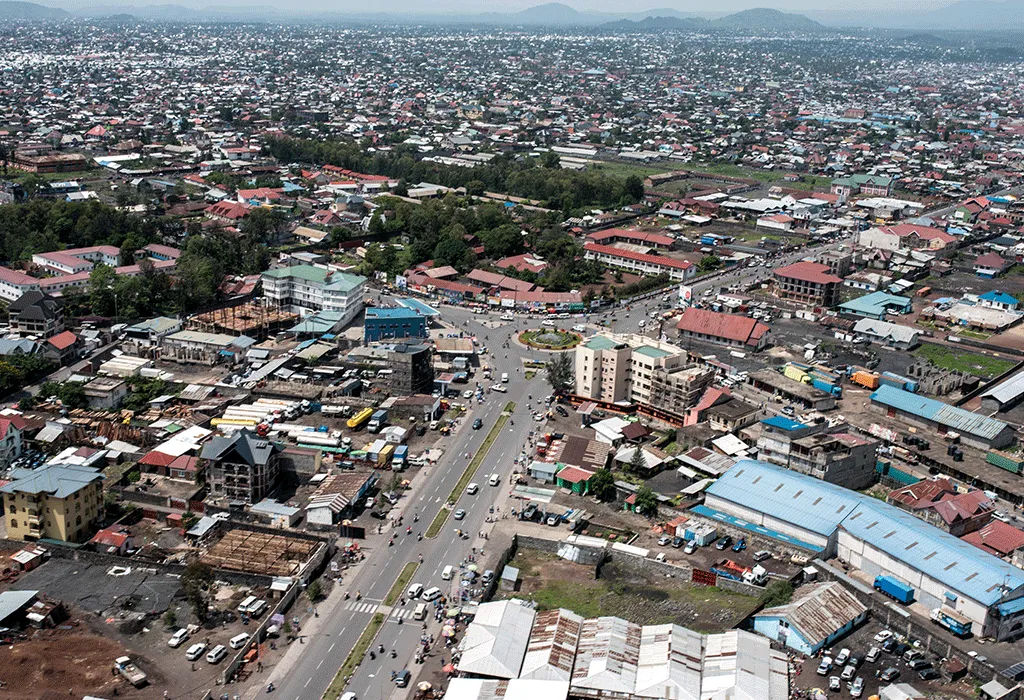The head of the United Nations peacekeeping mission in the Democratic Republic of Congo (DRC), Bintou Keita, has arrived in the eastern city of Goma, now under the control of the M23 rebel group, marking her first visit since the city’s fall to the militia earlier this year.
Keita, who also serves as the UN Secretary-General’s special representative to the DRC, began her three-day visit on Thursday, during which she is expected to meet with representatives of M23 and the wider AFC alliance to which the group belongs. The visit was confirmed by the UN mission MONUSCO on X (formerly Twitter), which said discussions would focus on the mission’s core objectives, including civilian protection.
“I’m here to listen and express solidarity with the people of Goma and with MONUSCO staff. Your resilience is remarkable,” Keita was quoted as saying during the visit.
The M23 launched a rapid offensive earlier this year, seizing Goma in late January and later extending its control to Bukavu. The group has since established its own administrative structures in the areas it now governs.
Eastern DRC, which borders Rwanda, is rich in natural resources but has long been destabilised by armed conflict. Violence has persisted for over three decades, with a renewed surge since M23 reignited its campaign in late 2021.

Keita’s visit comes ahead of her scheduled briefing to the UN Security Council on 27 June, according to MONUSCO spokesperson Sakuya Oka. The UN mission has operated in the DRC since 1999, but last year it began a phased withdrawal, starting with its exit from South Kivu province in the east.
While the DRC accuses Rwanda of backing the M23 militarily, Kigali has denied the claims, arguing instead that it faces security threats from other armed factions operating in eastern Congo—especially the Democratic Forces for the Liberation of Rwanda (FDLR), a group linked to the 1994 genocide.
The capture of Goma and Bukavu has deepened tensions between Kinshasa and Kigali, further straining already fragile diplomatic ties.
In a sign of those tensions, Rwanda on Sunday announced its withdrawal from the Economic Community of Central African States (CEEAC), criticising what it described as the organisation’s bias towards the DRC. A day earlier, CEEAC had extended the leadership of Equatorial Guinea’s President Teodoro Obiang Nguema Mbasogo for another year—despite Rwanda being next in line to take over the rotating presidency.
Nevertheless, some diplomatic engagement continues. Talks have taken place between the DRC government and M23, and also between Kinshasa and Kigali. Last week, Qatari mediators submitted a proposed peace plan to both Kinshasa and the rebel group following negotiations hosted in Doha.
As part of an ongoing peace initiative led by the United States, Rwanda announced last month that a final peace agreement to resolve the crisis was expected to be signed in mid-June in Washington.


 Trending
Trending 
